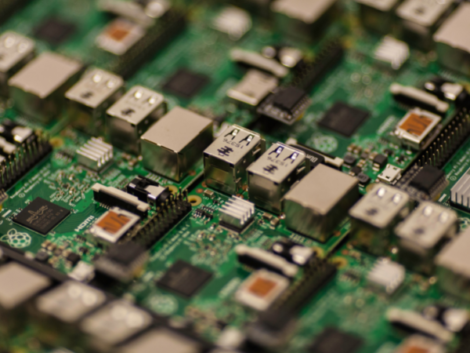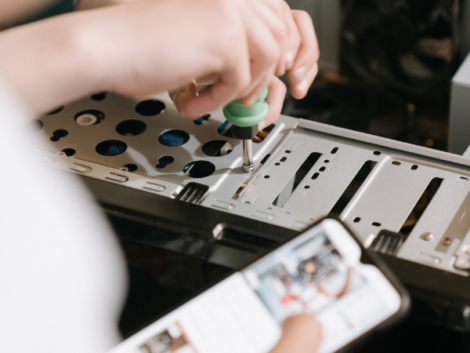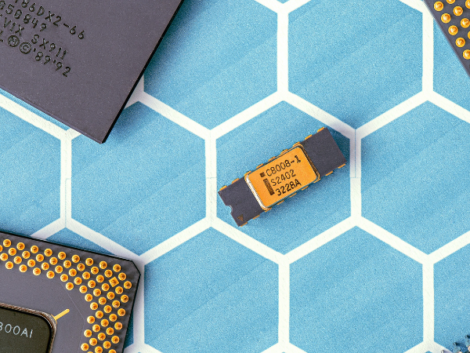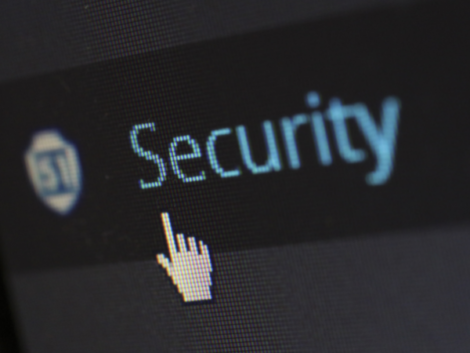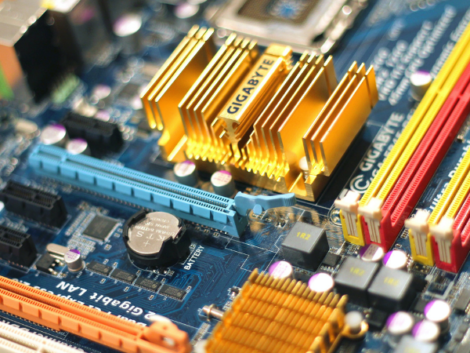Why does my computer keep freezing?
If you’ve ever had to look up “why does my computer keep freezing” online, it looks like you might have a tech problem.
To make things more frustrating, these computer malfunctions occur at the most inconvenient times.
There may be several reasons for your computer freezing randomly. For example, it could be software-related or your system’s overpacked with too many programs.
In some cases, it could also be hardware problems. Meaning, your computer unit or hard disk may be defective. But, not to worry too much.
There are simple steps to address this problem before you need to take it to a technician. Read on below for more on the possible reasons your computer keeps freezing and what to do about it.
Possible causes for a computer to freeze up
When your computer freezes up completely, don’t be trigger-happy with the force quit option and click End Task.
First, give your computer a few minutes to recover by itself. Sometimes the freeze will resolve itself.
However, if it is taking so much longer than usual or occurs more than a few times, you might have to develop another solution. Listed below are some of the most common reasons your computer keeps freezing.
An overheated or faulty external device
Excess heating of the Central Processing Unit or your computer’s external hardware might be causing the freeze. If the temperature gets too high, it can damage the integrated circuit of your system processor and permanently damage it.
Also, if the internal fans sound louder than usual and your computer feels hot to the touch, this means it is starting to overheat.
Make sure your device has proper ventilation. Finally, contact the manufacturer if you think the device is defective if it is still under warranty.
Not enough processing power or memory space
Heavy programs, like 3D rendering software and video editing applications, need ample storage to function properly.
Without heavy CPU power, your computer won’t be able to handle running these programs, especially simultaneously. Try cleaning up your storage space or limiting several opening programs at once. You may need to force-quit some apps and restart your computer to make this work.
Corrupted drive
Drivers are for making sure the hardware device and operating system work together properly. They act as a sort of bridge between the two. If your drive is corrupted, outdated, or damaged, both your hardware and software will most likely be rendered useless.
So be sure to always update your drive and do a routine check of your operating system in Windows Drive Manager to see if it is working properly. There are simple tutorials for this available online.
Software errors or computer viruses
Computer viruses are every user’s nightmare. They can wreak all sorts of havoc on your PC, from always updating your drive deleting files to corrupting your entire system to shutting everything down completely.
You can get these viruses from unknown files, so you have to be particularly careful. Third-party software can also be a source of computer viruses. If you suspect your PC has malware, you may need to clean up your entire drive.
Missing, corrupted, or outdated system files
System files are those that Windows or any operating system depends on to run at optimal capacity. When your system files are missing, corrupted, or outdated, your operating system will be continually interrupted from performing well. As a result, this may be causing your computer’s freezing problem or even displaying the infamous blue screen of death. Therefore, always make sure your system files are complete and updated.
Fixing a computer that keeps freezing
There are a few simple step-by-step solutions you can try. Some of these have proven to work for many users with the same computer problem, often freezing. However, it is important to note that going to a licensed repair shop is still your best bet.
Trained and licensed technicians can help address your computer problems faster and more accurately. But if you’re not too keen on having it professionally done just yet, try a few of these simple steps first.
Free up disk space on C drive
Your C drive is where your system files are stored. If it is running out of space, your Windows system won’t work properly. Free disk space by deleting unused apps and files.
Check your hard drive if it has enough space and backup everything there before freeing up your C drive to avoid losing your files. Ensure to check your C drive’s storage space every once in a while to see if this is the root cause of your freezing problem.
Update device driver to the latest version
To ensure your device driver is up to date, check Windows Update. There will usually be an option for manual updates or automatic ones. For example, you can follow these simple steps:
- Right-click This PC in Windows 10/8 or My Computer in Windows 7. Click on Manage, and click on Device Manager.
- Open the category that you think contains the device’s driver that you want to update.
- Update drivers depending on your version of Windows. For example, for Windows 10/8, right-click the hardware icon and choose Update Driver Software. For Windows 7, right-click on the hardware and choose Update Driver under the Driver tab.
Run Memory Check and System File Checker
You can run the Windows Memory Diagnostics Tool to diagnose your computer’s possible problem. Press your Windows and R keys at the same time.
In the dialog box that pops up, type mdsched.exe and Enters. To start scanning immediately, click Restart Now. In case system files are corrupted or missing, you can try the following on a Windows 10 system:
- Click Start, and then type cmd into the search box.
- Right-click the Command Prompt and choose Run as administrator, then click Yes.
- Type SFC /scannow and press Enter.
- Windows will now scan your system for corrupted files and attempt to fix them.
- Type exit and press Enter.
Update antivirus software
Perform antivirus checks regularly. Most antivirus software comes with a Safe Mode option that automatically scans and blocks unknown files and data to enter your computer.
Antivirus software like McAfee and Avast is your best bet as they are some of the most popular and effective in the market.
Some antivirus software may also prompt you to delete files and apps that have malware in them. Invest in good software so your computer can stay malware-free.
Is force quitting or force shut down bad for freezing computers?
Force quitting your PC may be needed if the programs are running too slow or if everything freezes for Windows 10. Press Ctrl+Alt+Delete and open Task Manager from the list. You can then choose which programs you want to quit or to shut down the computer. You can also opt to go to the Task Manager directly; do this by pressing Ctrl+Shift+Esc and choosing which program to end.
A force shutdown can be manually done by pressing down your computer’s power button for about five or so seconds. This will turn off the computer completely. Turn it back on after a minute or two.
This process is called rebooting. The risk of doing this and forcing quitting is that you may lose files and corrupt data on your system. Only do this when necessary.
Will a system restore fix a computer that keeps freezing?
If you’ve tried all of the suggested fixes above, maybe it’s time for a bit more drastic measures. A system restore reverts your entire operating system to what it once was before you had it upgraded.
If you are using Windows 7, 8, or 10, you can opt for this and see if it will solve your freezing problem.
To do this, select the Start button. Look for the Control Panel (Desktop app) and click on that to run the folder. Search Control Panel for Recovery > Open System Restore > Next.
Not that by doing a system restore, you might be deleting a good portion of your files. Be sure to back everything up on a hard drive first.
Summary
Fixing a computer that keeps freezing may be as complicated or as simple as possible. There are many possible reasons for this to keep happening to your PC. While the usual suspects are malware and corrupted system files, there may be other issues.
If your unit is already a couple of years old, its hardware and software may be outdated. Getting it fixed may cause more than buying a new one in the long run. Be sure to check with a professional first before doing anything drastic to your computer and data.
Disclaimer: This article is not the official guide to fixing a freezing computer process but is based on the author’s own personal experience and opinions.
